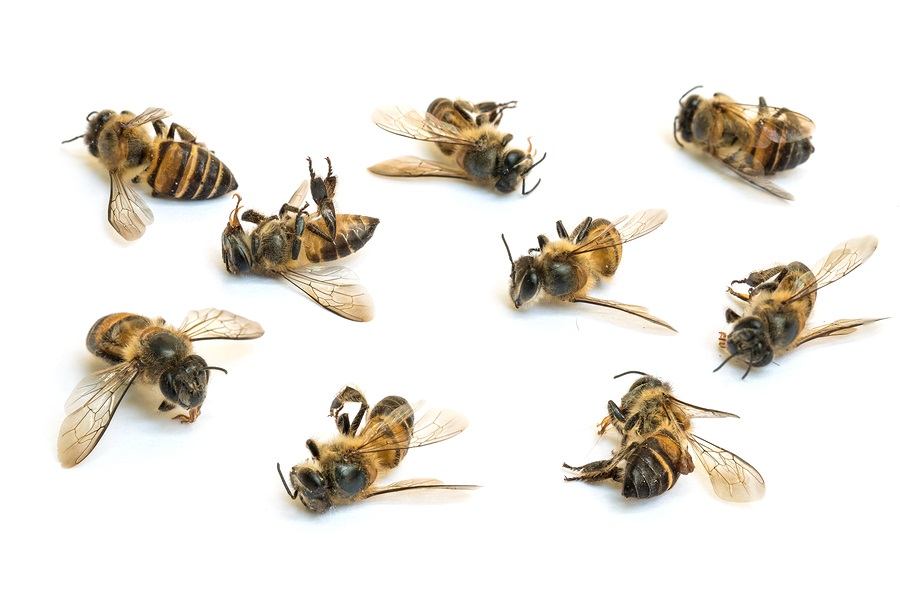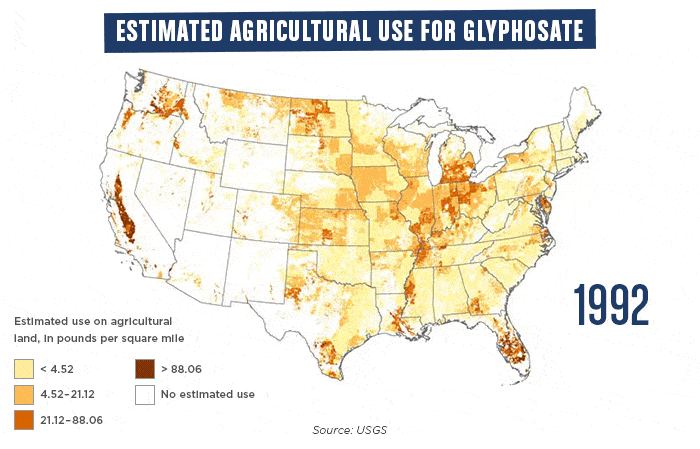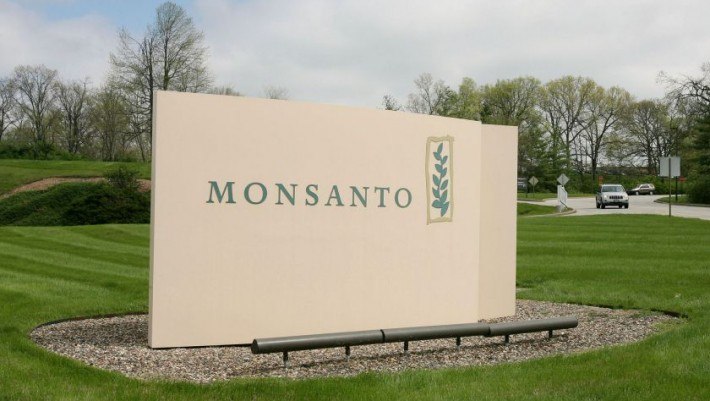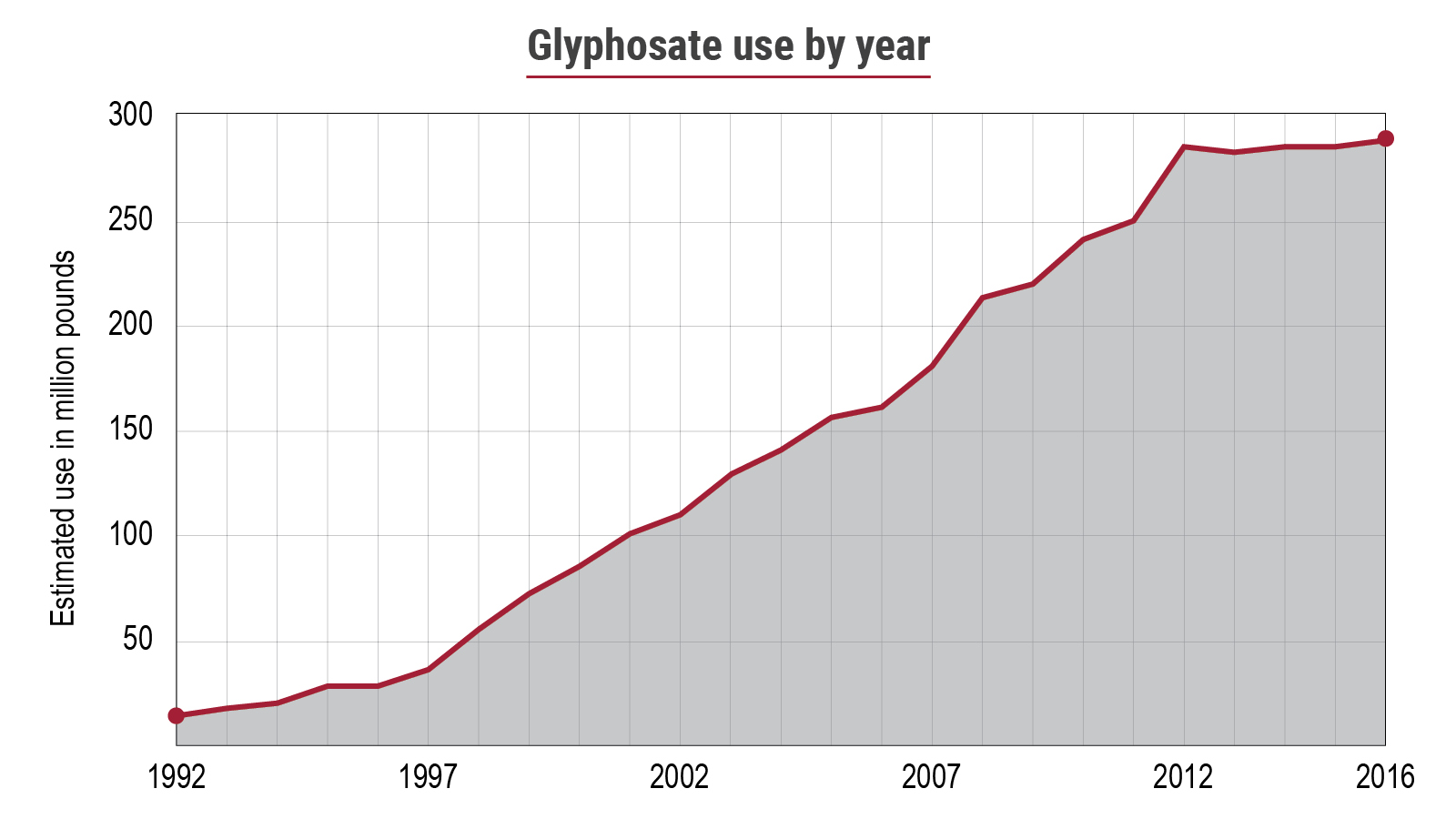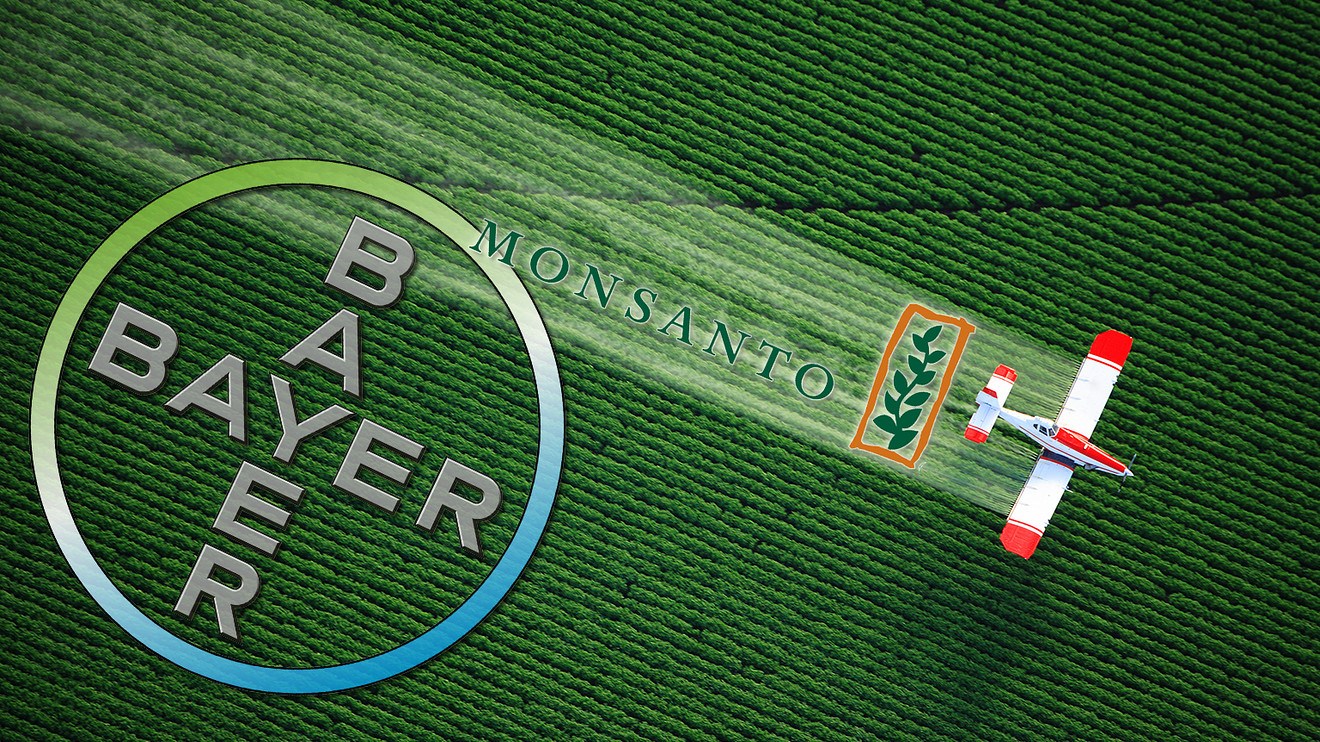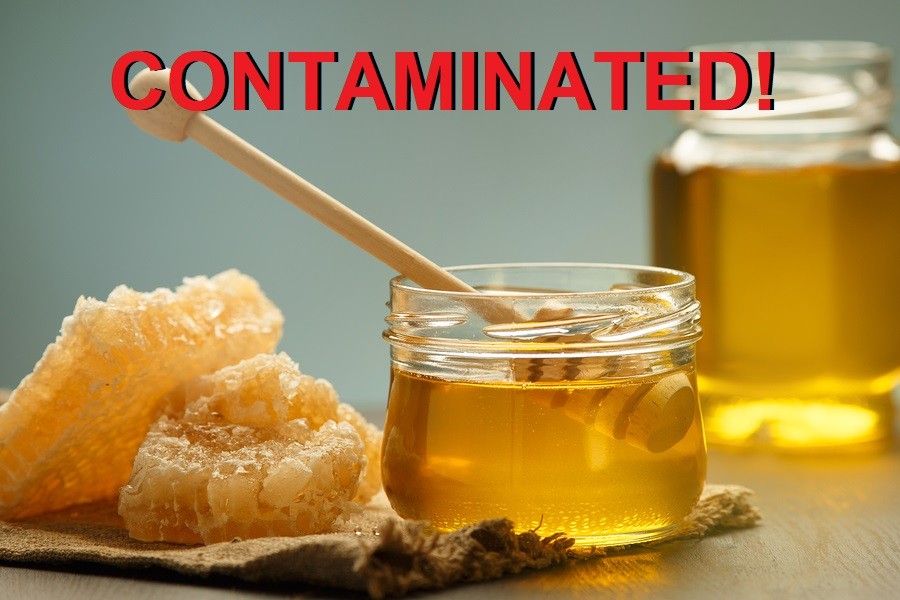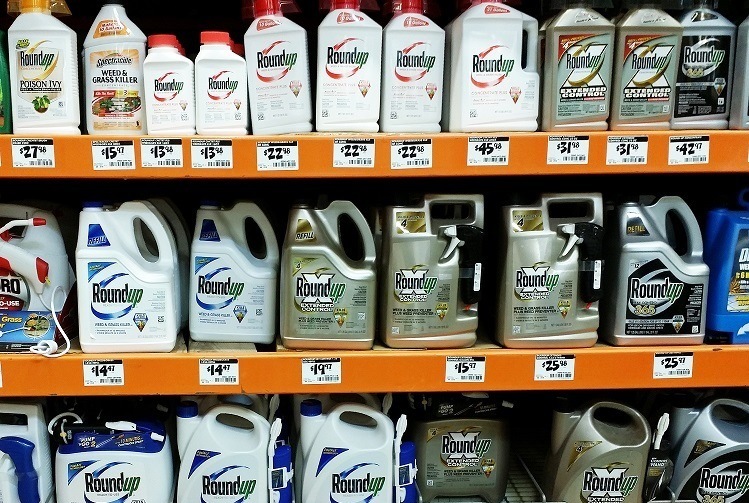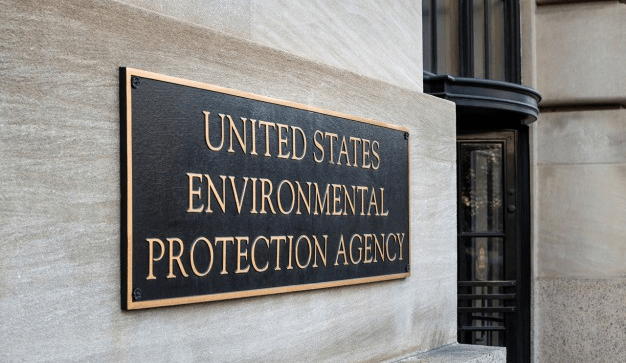RoundUp Herbicide Glyphosate Impairs Honeybee Sensory and Cognitive Abilities
A new review of the scientific literature has found that exposure to glyphosate, the active ingredient in glyphosate herbicides like Roundup, impairs the foraging behaviour of honeybee workers and has adverse effects at different levels within the colony. Key points from the review include: * In 2015, of the 179.9 million ha of global GMO crop area, about 84% contained crops that carried herbicide-resistant genes. Most GMO crops are engineered for tolerance to glyphosate herbicides. * Glyphosate herbicides are also used on many non-GMO crops and in non-farm environments. * Honeybees' ingestion of food containing high concentrations of glyphosate resulted in a higher proportion of disoriented foragers. Despite this, honeybees continued foraging from resources that contain glyphosate traces. These sublethal effects on their learning abilities could impact not only the foraging efficiency, but also the coordination of collective activities within the colony. * Honeybees' ability to establish an association between an odour and a sucrose reward was impaired by an acute exposure to glyphosate. * There is evidence that glyphosate diminishes short-term memory retention in honeybees. * Honeybee colonies that are permanently exposed to glyphosate are likely to show a deficit in information propagation and nectar distribution. * Glyphosate causes changes in gut microbiota and greater susceptibility to pathogens and malnutrition.




